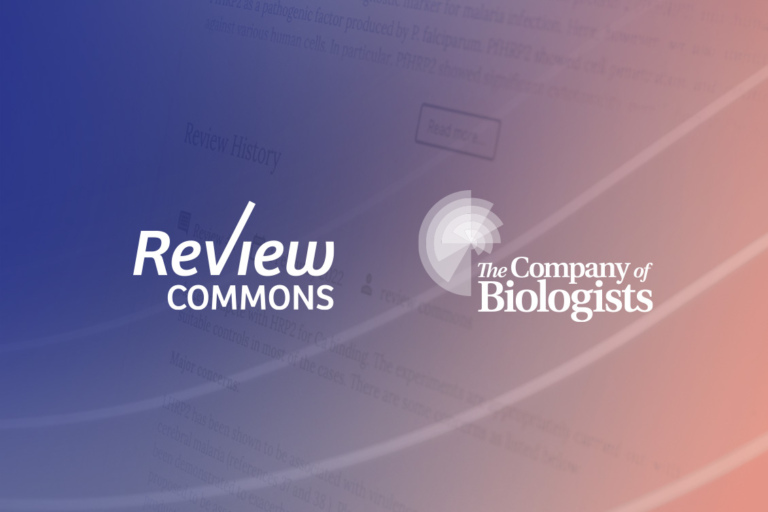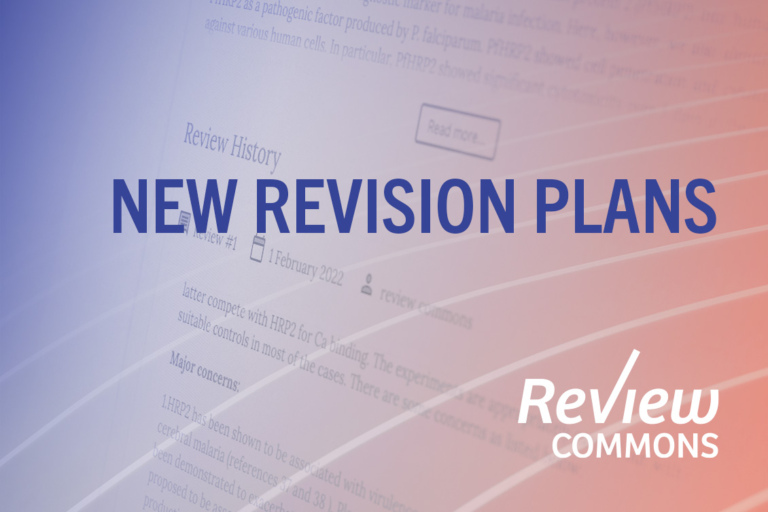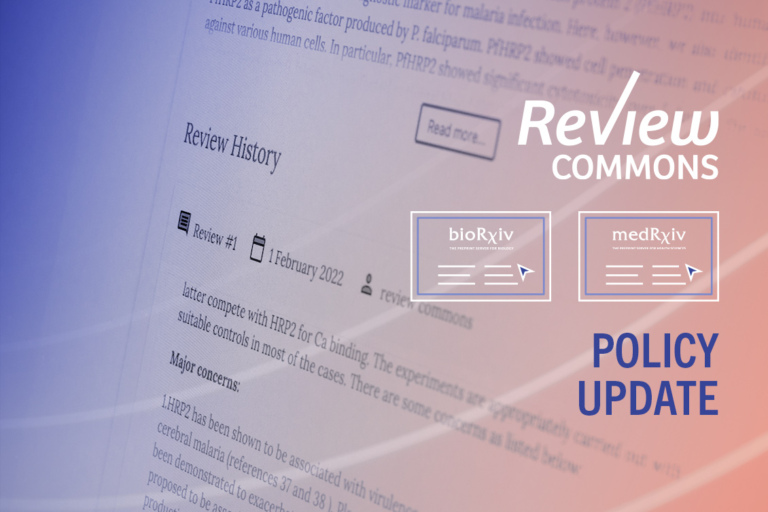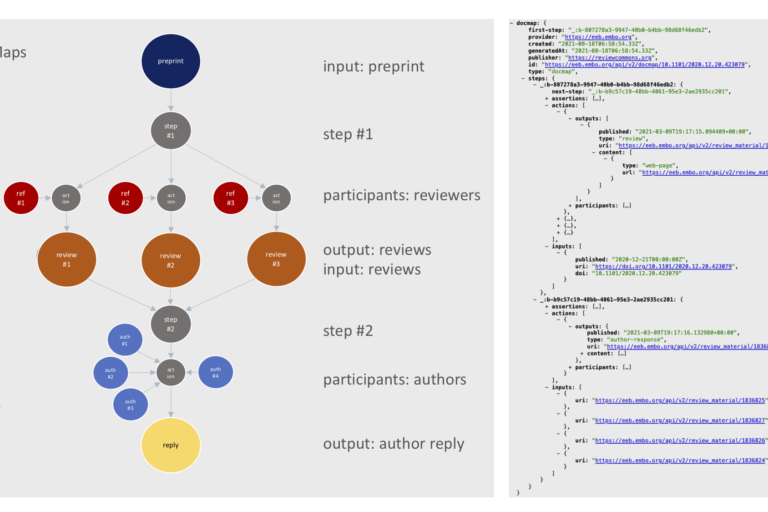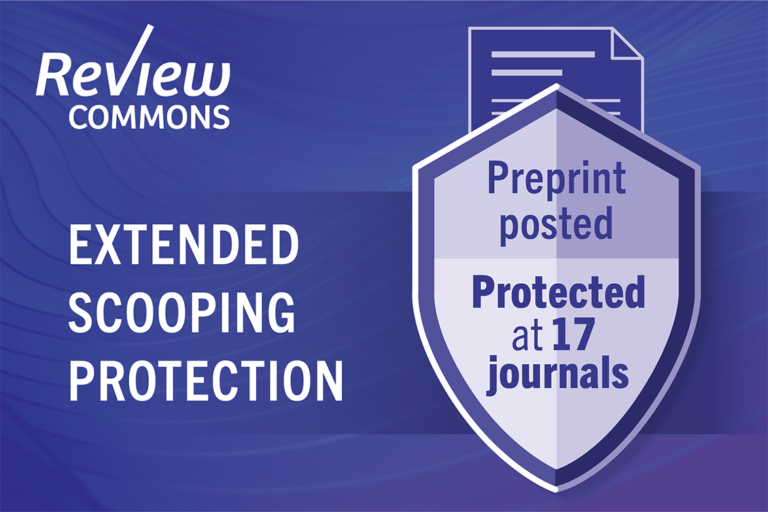Development and Journal of Cell Science expand collaboration with Review Commons: A new trial to support efficient peer review
Development and Journal of Cell Science, both published by The Company of Biologists, are expanding their collaboration with Review Commons in a six-month pilot. Editors of the two journals will participate in coordinating the peer review of initial submissions to…

